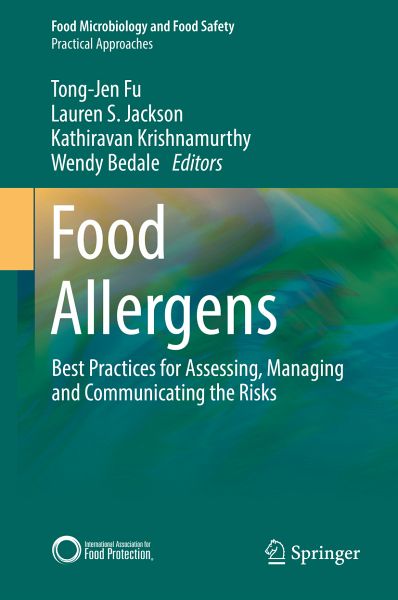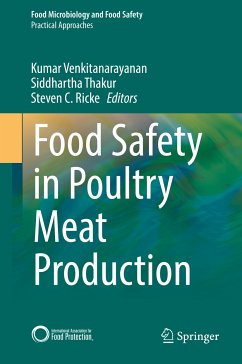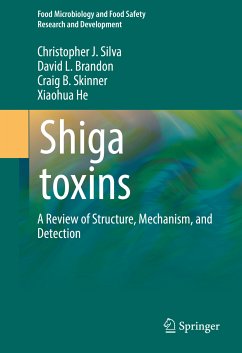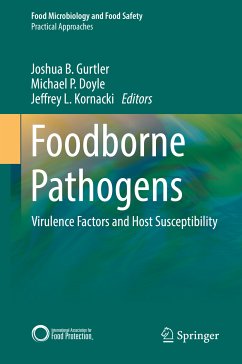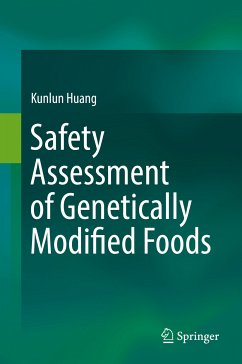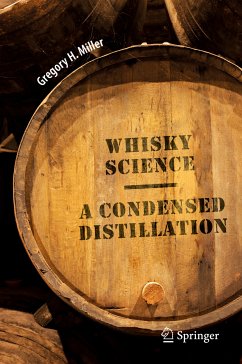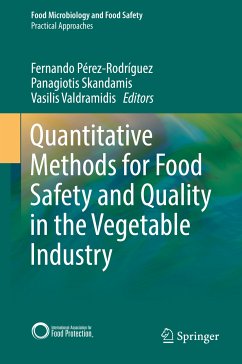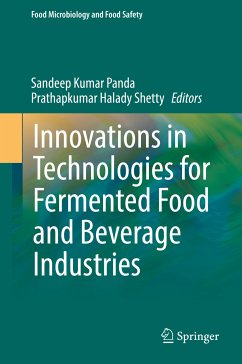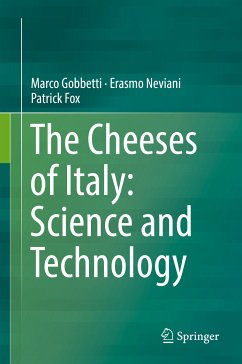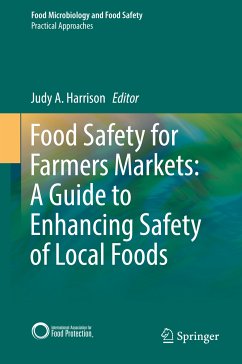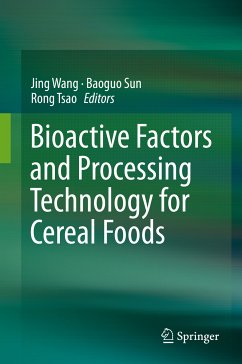Tong-Jen Fu, Ph.D.: Dr. Tong-Jen Fu is a Research Chemical Engineer with the FDA's Center for Food Safety and Applied Nutrition (CFSAN), Division of Food Processing Science and Technology. She received her M.S. and Ph.D. in Chemical Engineering from the Pennsylvania State University. Dr. Fu's research expands across several areas of food safety dealing with chemical contaminants, microbiological hazards as well as food allergens. Her allergen research focuses on the structural and physicochemical properties of food allergens, the impact of food processing on the detection of allergens, as well as safety assessment of the allergenic potential of genetically engineered foods. Dr. Fu serves as one of FDA's subject matter experts on allergen issues and has provided expert reviews for a number of FDA and international guidelines for the safety assessment of foods derived from recombinant-DNA plants and microorganisms. Dr. Fu has authored or co-authored 33 journal articl es, 5book chapters, and 107 abstracts. She has co-edited 3 books. Lauren Jackson, Ph.D.: Dr. Lauren Jackson is Chief of the Process Engineering Branch at the U.S. Food and Drug Administration (FDA)/Center for Food Safety and Applied Nutrition (CFSAN)/Division of Food Processing Science and Technology (DFPST), located in Bedford Park, IL. She received her B.S. in Food Science from Cornell University and her M.S. and Ph.D., both in Food Science, from the University of Wisconsin-Madison. Dr. Jackson's expertise is in the following areas: the effects of processing on food constituents and chemical contaminants, food allergen control, the stability of biothreat agents, and the analysis of chemical contaminants, constituents and allergens in food. She also is one of FDA's subject matter experts on cleaning and other measures for controlling allergens in food manufacturing facilities. Dr. Jackson authored or co-authored over 50 peer reviewed papers, 11 book chapters and co-edited five books. She is actively involved in several scientific organizations, including the Institute of Food Technologists (IFT), the American Chemical Society (ACS), and the International Association for Food Protection (IAFP). She is a Scientific Editor for the Journal of Food Science and the Journal of Food Protection. Kathiravan Krishnamurthy, Ph.D.: Dr. Kathiravan Krishnamurthy is an assistant professor at the Department of Food Science and Nutrition. Dr. Krishnamurthy received his M.S. and Ph.D. in Agricultural and Biological Engineering from the Pennsylvania State University. His research focuses on applications of nonthermal food processing technologies, advanced thermal processing technologies, heat transfer, modeling, and simulation. Dr. Krishnamurthy is an internationally acclaimed researcher in pulsed light processing, a novel food processing technology. He authored or co-au thored numerous peer-reviewed journal articles and book chapters. He received many noteworthy awards including "Sigma Xi Award (junior faculty division)" from the Illinois Institute of Technology, "Gerald T. Gentry Award for Excellence in Graduate Research" from the Pennsylvania State University, "Outstanding Paper Presentation Award" from the Evans family lecture for graduate research and "Outstanding Volunteer Award" from the Nonthermal Processing Division of the Institute of Food Technologists (IFT). Dr. Krishnamurthy holds leadership positions in organizations such as Institute for Food Technologists, Phi Tau Sigma, and Sigma Xi. Wendy Bedale, Ph.D.: Dr. Wendy Bedale received her Ph.D. at the University of Wisconsin-Madison and conducted postdoctoral research at the University of California at Berkeley and Duke University. After working nearly two decades in a variety of scientific, clinical/regulatory, and project management positions in the pharmaceutica l and biotechnology industries, she returned to the University of Wisconsin-Madison as a science writer for the Food Research Institute where she writes about many aspects of food safety for a variety of audiences.
